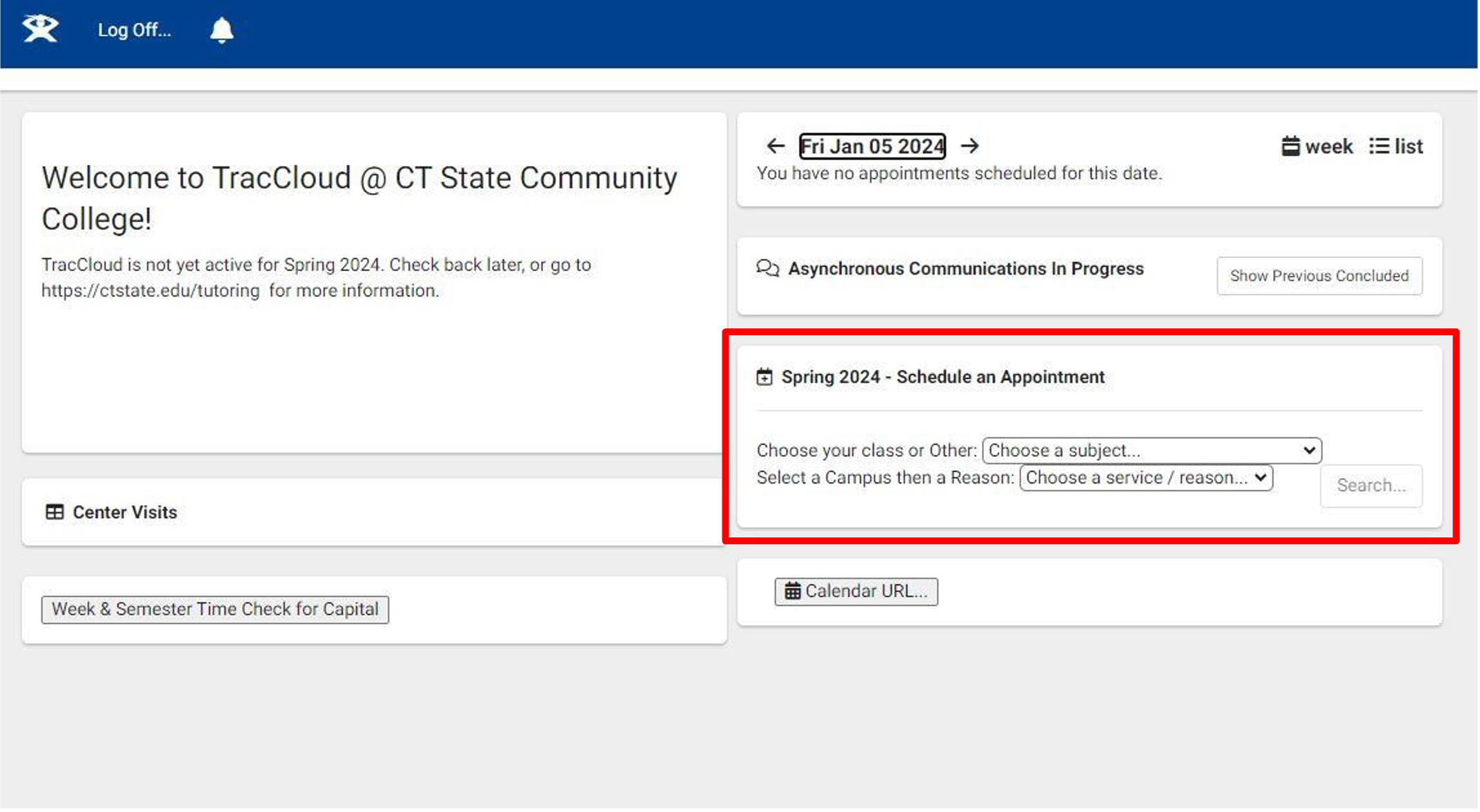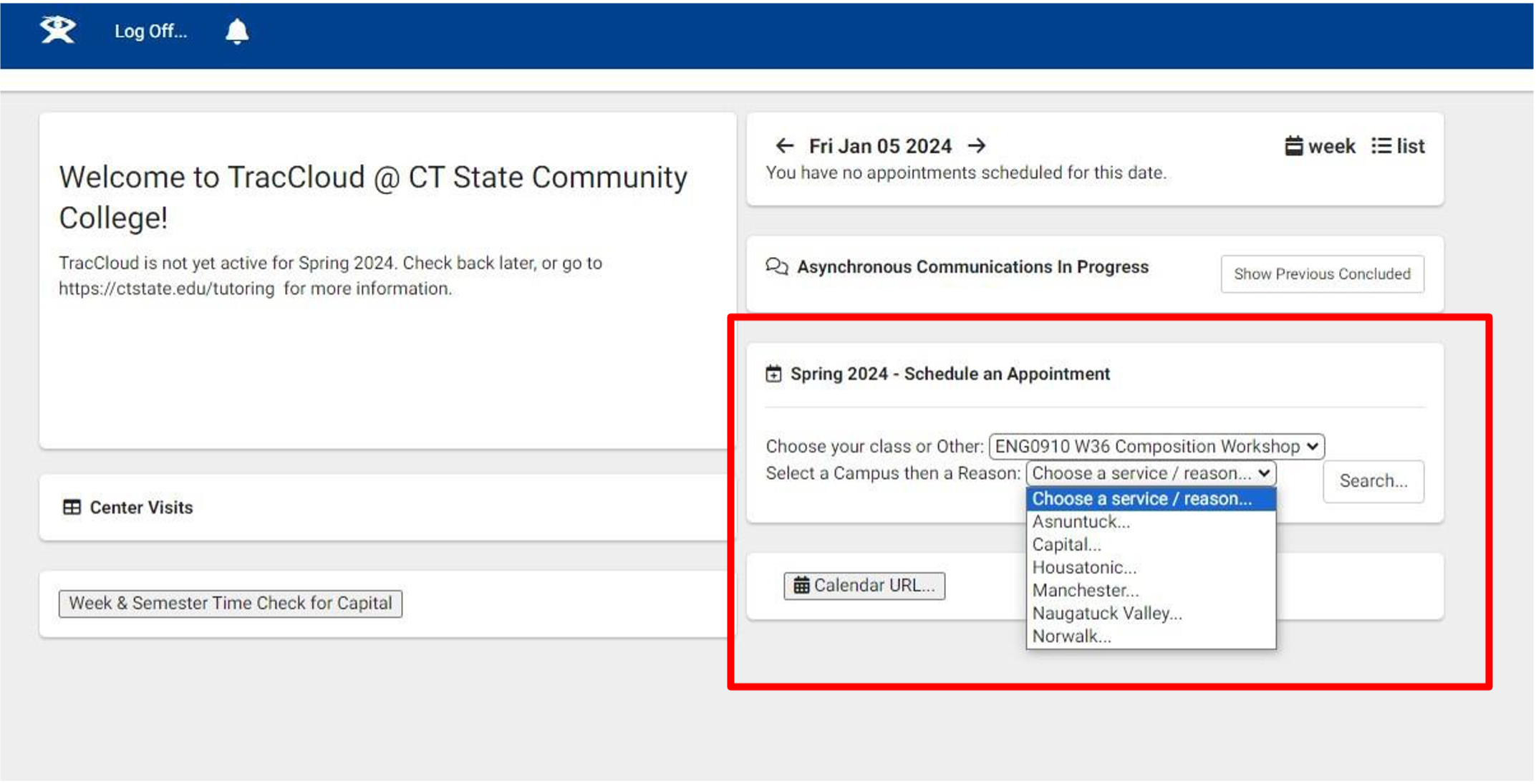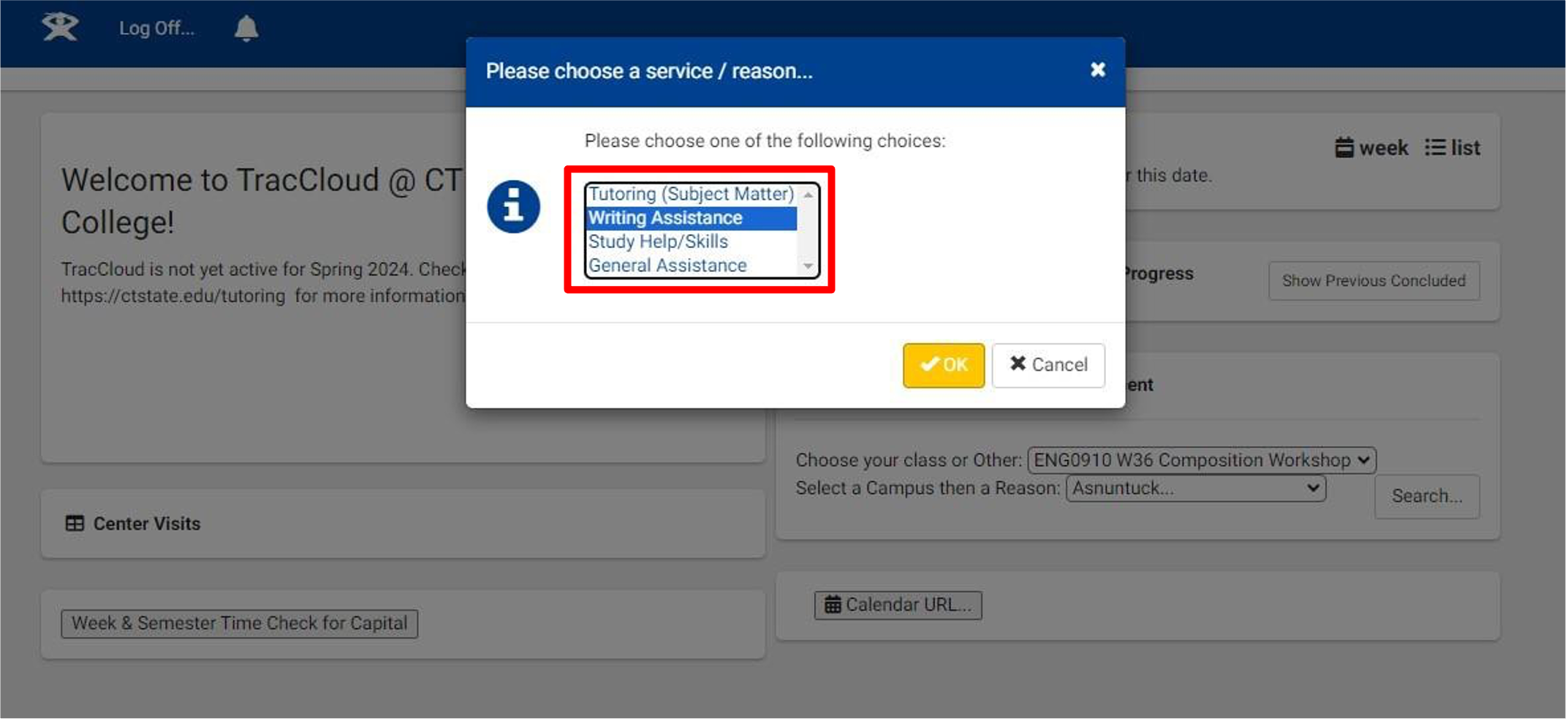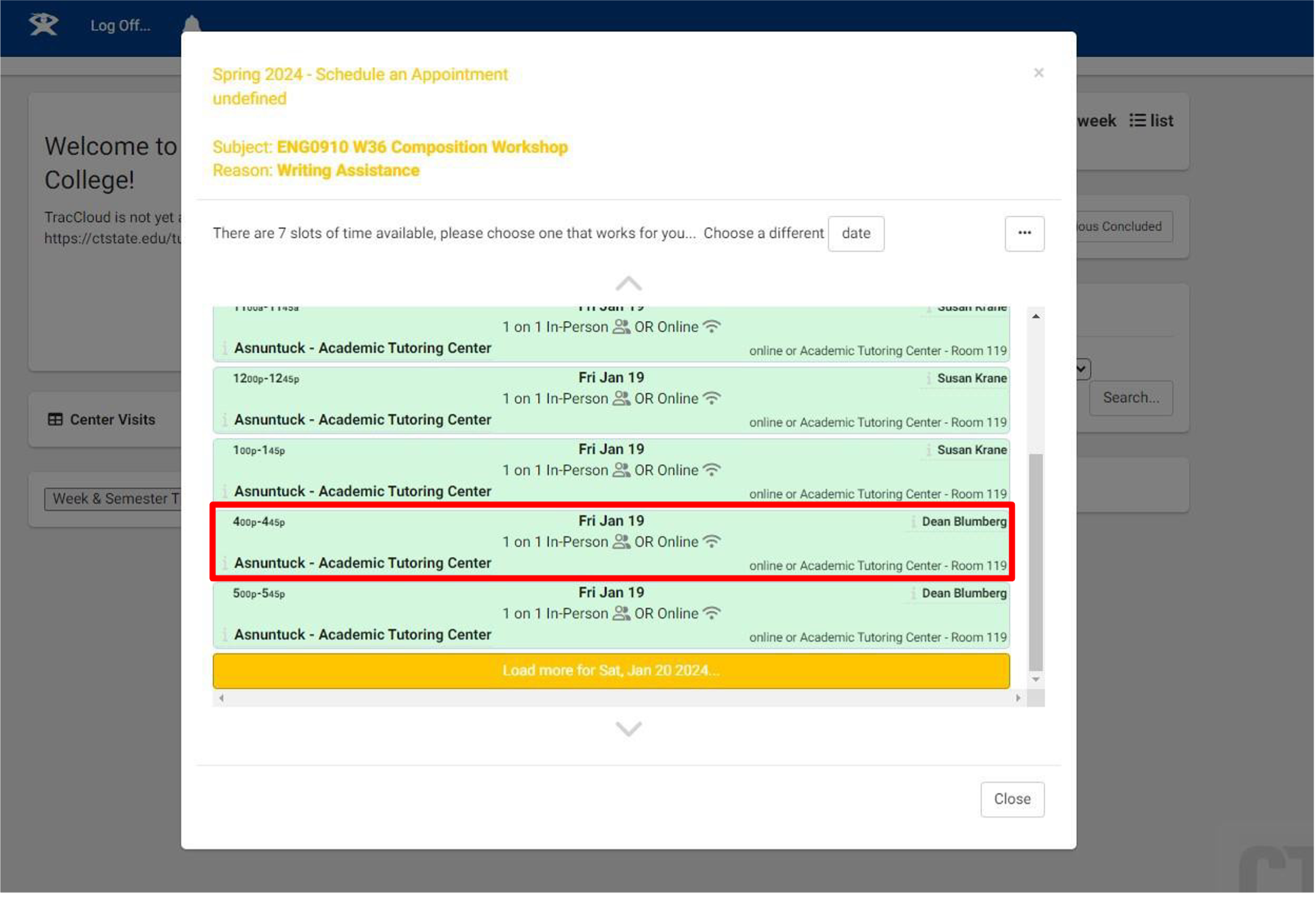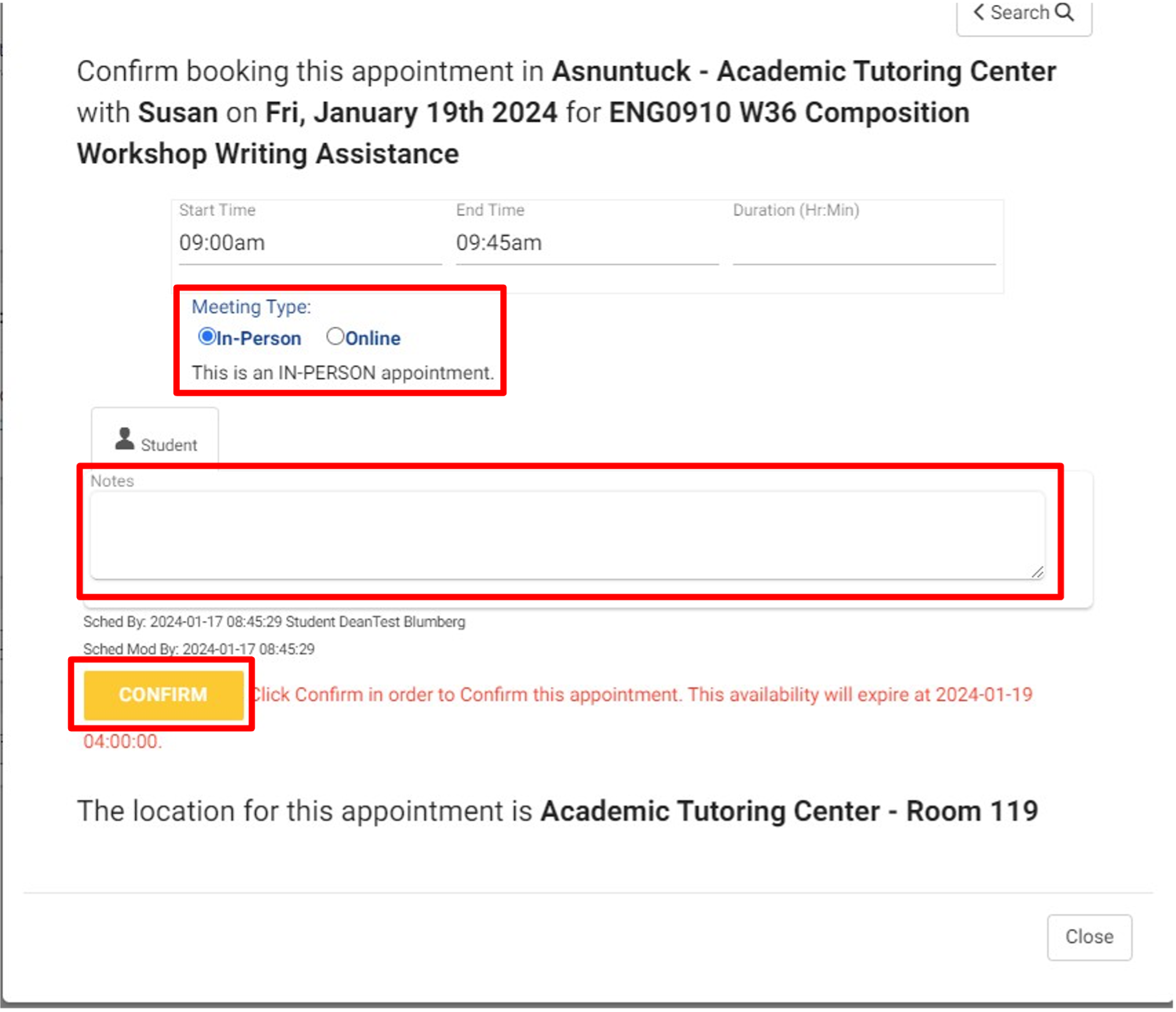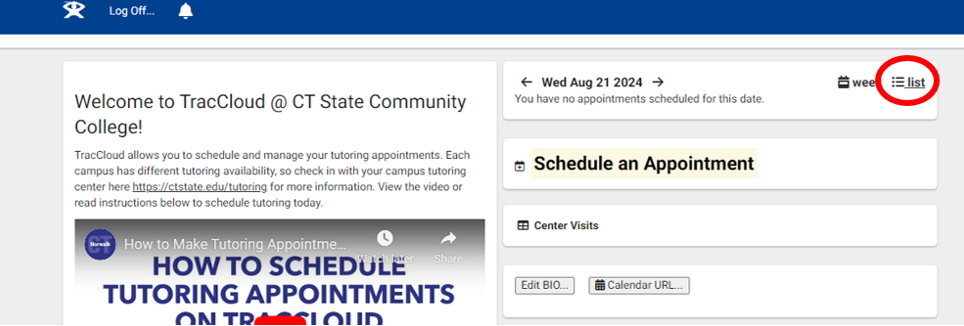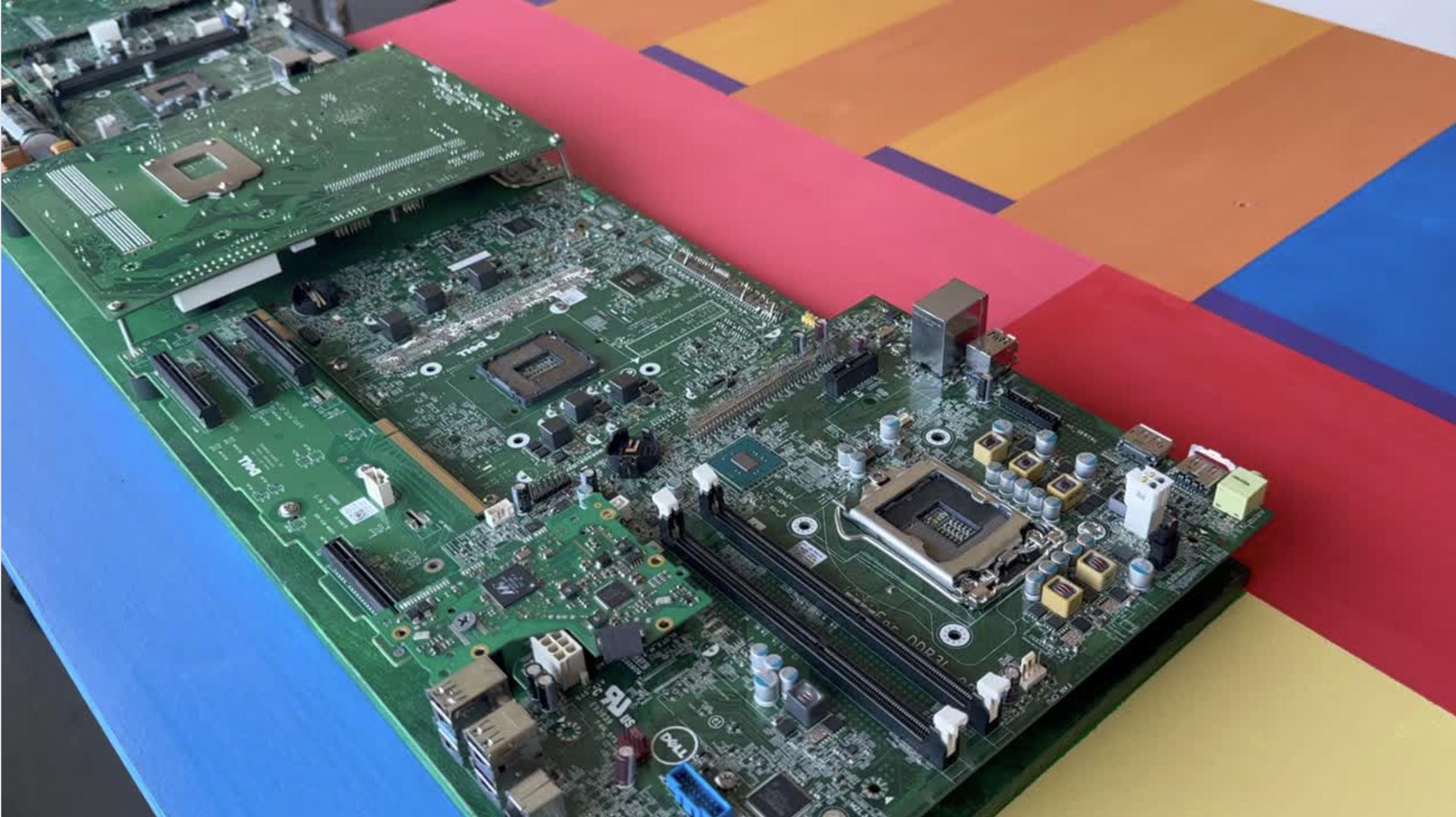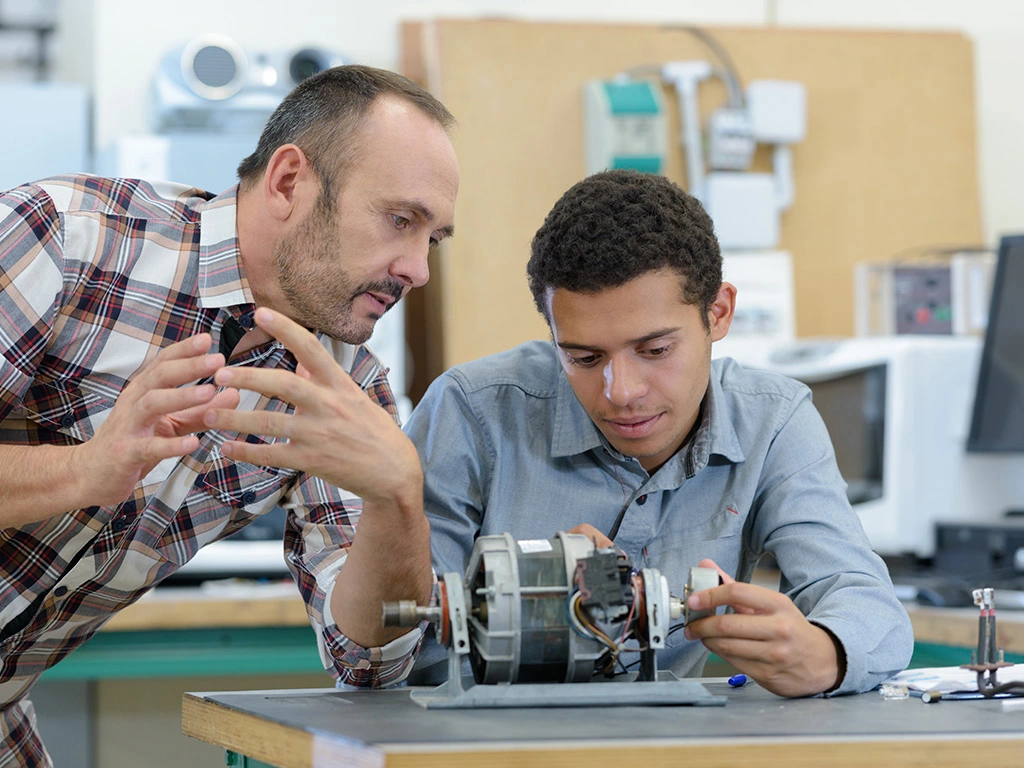Prepare for Your Tutoring Appointment
- Temp Last Modified: 2025-03-04
Get the most out of your tutoring appointment by following these general tips.
Plan in Advance
Tutoring appointments are often booked days, and sometimes even weeks, in advance. Walk-in labs can be crowded and tutoring in certain subjects like A&P courses may be in high demand For this reason, it’s best to see a tutor several days ahead of an assignment’s due date.
Be Punctual
Tutoring appointments are often booked days, and sometimes even weeks, in advance. Walk-in/drop-in labs can be crowded and tutoring in certain subjects like A&P courses may be in high demand. For this reason, it’s best to see a tutor several days ahead of an assignment’s due date.
Come Prepared
Please bring your textbook, your assignment details, a calculator for math and any notes, drafts of essays for writing assignments, your professor’s instructions for writing assignments and specific questions for the tutor. It can also be helpful if you arrive with assignments previously evaluated by your instructor. The more work you have done and the better prepared you are, the more the tutor can assist you.
Tutors will prepare for your appointment by reviewing any materials or details you provided when scheduling. The tutor will begin each appointment by asking about your current assignment or learning goal and asking questions about the instructor’s evaluation criteria. Each student’s needs are different, so every tutoring appointment will focus on your individual needs. Tutors are here to help, so be open about what you need so we can start where you are and build from there.
- Do as much work as you can in advance. This means you MUST at least attempt assignments before you come in seeking help.
- Bring your class syllabus, class notes, class texts, and specific assignment instructions.
- Arrive with specific questions.
Prepare for Your Virtual Tutoring Appointment
- How to Share a Window or Full Screen on Microsoft Teams
- What Happens in a Virtual Tutoring Appointment This video is specific to the Middlesex campus but information may be helpful to all students preparing for virtual tutoring appointments.
Take Responsibility
Tutors will assist you as much as they can but will not do the work for you. Their goal is to help students learn strategies to become life-long, independent learners. Whatever assistance the tutor provides, you are responsible for the quality of your own work and your professor ultimately determines your grade. Working with a tutor is an excellent choice but is no guarantee of achieving any particular grade or even passing the class.
- Hits: 7767
